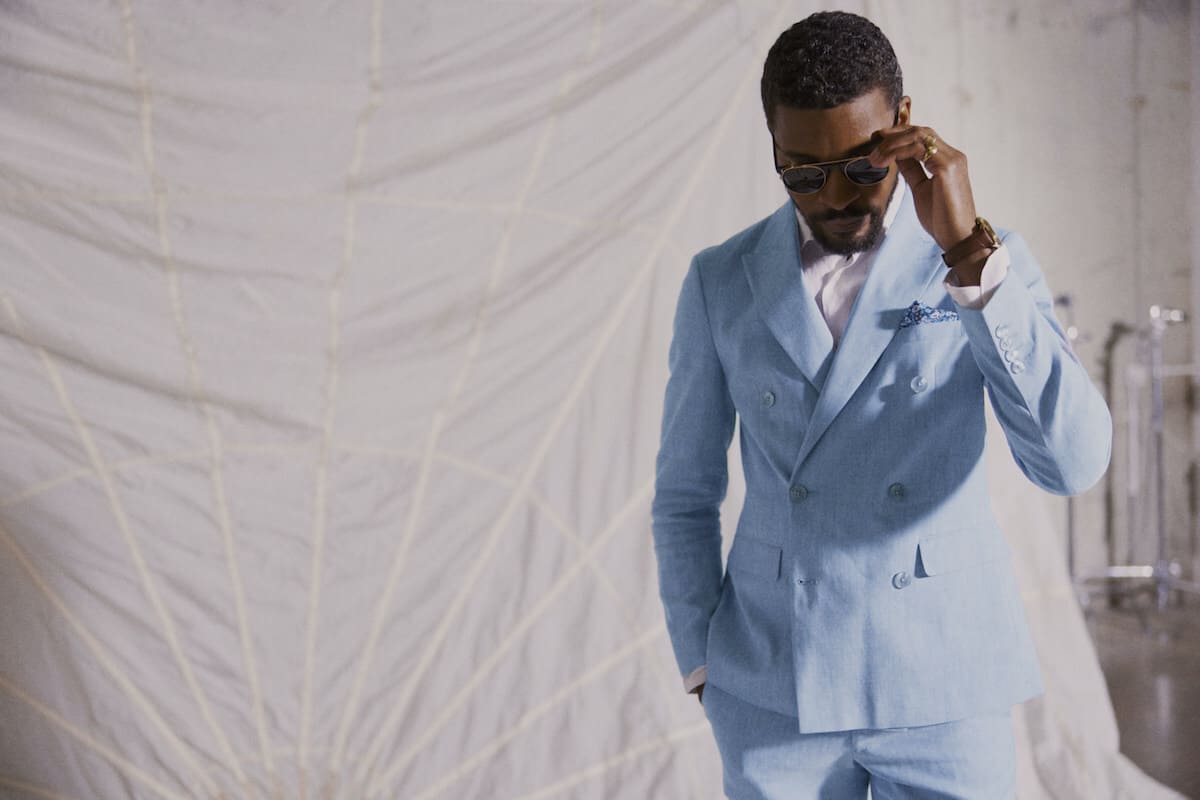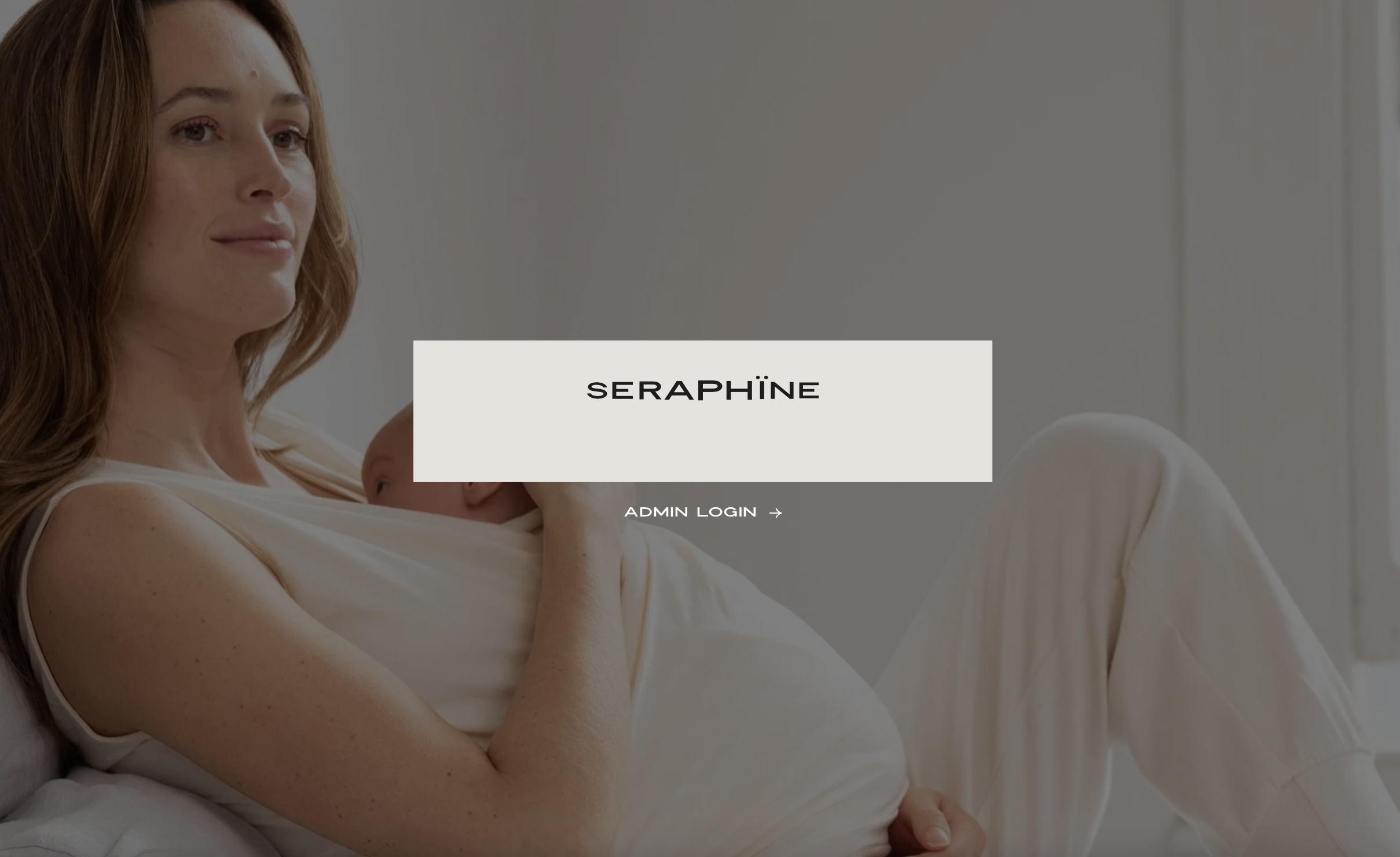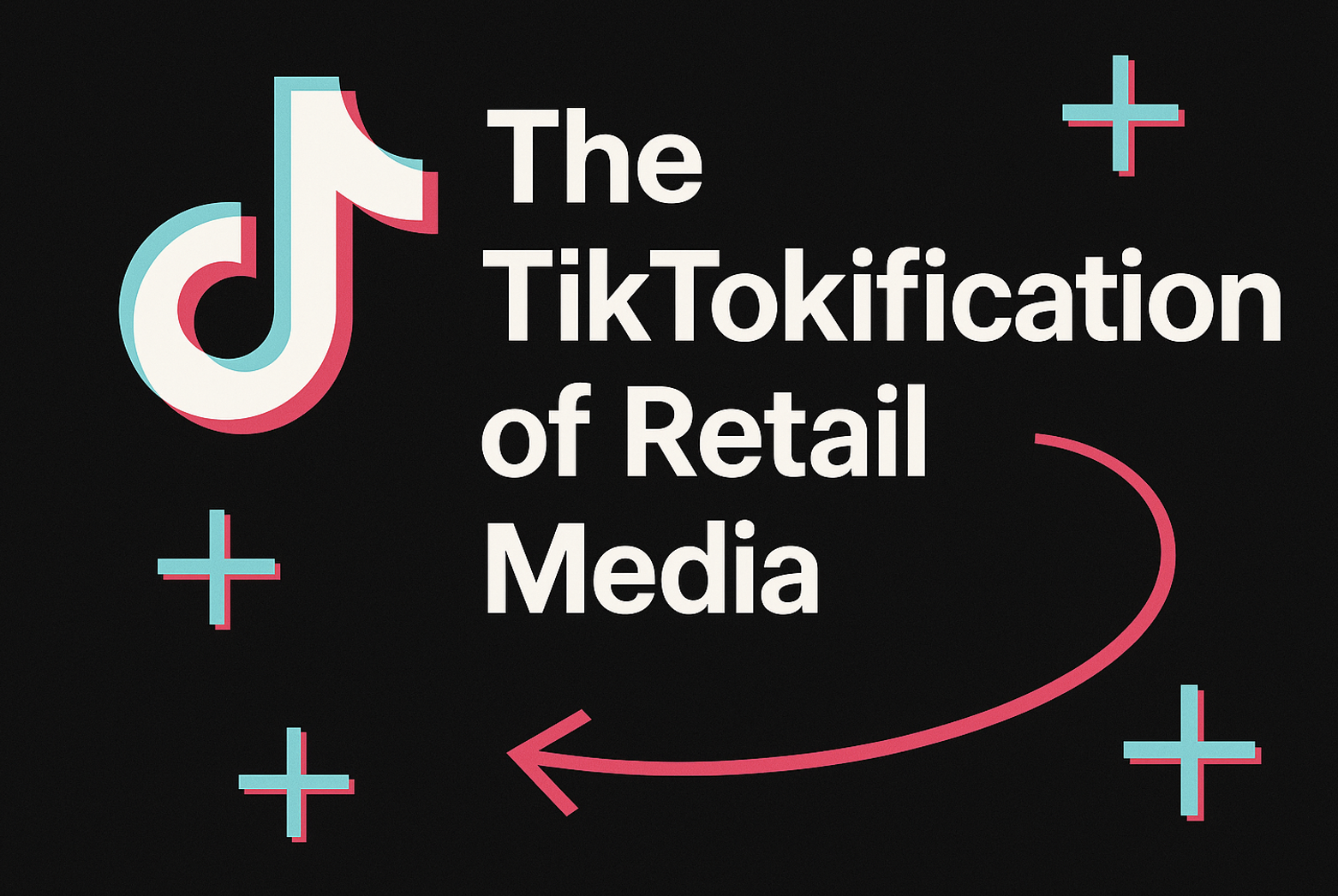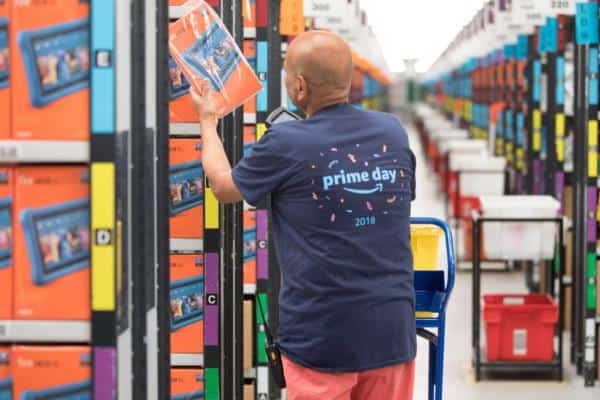Moss Bros is now renting menswear to shoppers in a new Moss Box subscription service, while a further clothing subscription service is set to come from womenswear brand LK Bennett in late summer.
Both services are examples of circular retail, says clothing-as-a-service technology business CaaStle, which is powering them – and will help shoppers to reduce waste while the regular payments will help retailers boost their income.
The Moss Box gives shoppers the option of paying £65 a month to rent two items of clothing, which can then be swapped at any time, with free shipping and returns as well as eco-friendly laundering. The styles available to rent are from its own Moss Bros brand, and from Hugo by Hugo Boss, Barberis and Ted Baker. If shoppers decide to buy an item they rented they get a discount on the cost.
Moss Bros chief executive Brian Brick says the service offers a new take on its traditional hire service.
“We launched our hire service in 1897 and we’ve outfitted people for the biggest moments in their lives ever since,” says Brick. “With such a long heritage we’re well-known for our formalwear, but over the last several seasons we’ve evolved with shifts in mindsets and shopping patterns to suit the more casual way men dress now.”
He adds: “The subscription model will drive awareness of the Moss Bros. brand, engaging our current customers as well as reaching new ones by offering them to try our product before buying.”
The L.K. Bennett service is set to launch late this summer. L.K. Bennett chief executive, Darren Top, says: “We believe this new rental offering will attract a new customer base to LKB as it will satisfy those seeking a more sustainable way of shopping. We don’t see this replacing core ecommerce but rather complementing it and adding choice. Retail will allow customers who can’t afford it or don’t want to spend the amount required to own an LKB item to wear an LKB outfit for a special occasion. If they’re already an LKB fan, this service enables them to rotate their wardrobe regularly and get fresh items for their every day wardrobe.”
Both Moss Bros and LK Bennett are using clothing-as-a-service technology from CaaStle to offer the service. The US technology company says it expects to be powering more UK rental services during the year. It describes the service as an example of circular retail that offers shoppers the option of expanding their wardrobe at a relatively lower cost – and retailers regular revenue and higher levels of customer engagement.
Christine Hunsicker, founder and chief executive of CaaStle, says the subscription rental model gives retailers a better return on their clothing, and new ways to grow their customer base. The company is already powering clothing subscription schemes in the US, with customer brands including Banana Republic, Destination Maternity, Scotch and Soda and Walmart’s Eloquii brand.
“The pandemic has shifted shopping behaviours and accelerated the need for retailers to provide a cost-effective solution that enables customers to introduce variety in their wardrobes and to experiment with fashion from home,” says Hunsicker. “By leveraging our CaaS platform, innovative retailers like Moss Bros and LK Bennett can quickly streamline inventory and focus on strengthening their core while giving consumers access to engage with their brand in an exciting, new and meaningful way.”
Retailers using the service own the customer relationship and inventory, while CaaStle operates the rental service, technology and logistics – including cleaning clothes from ACS Clothing in Glasgow.
Moss Bros and L.K. Bennett are both ranked Top150 retailer in RXUK Top500 research.
DS Smith launches circular design metrics
Packaging company DS Smith has published its circular design metrics so that its customers can understand customers to see how they can reduce their environmental impact through the packaging they use. The metrics show, for example, that all of the materials the company uses are now recyclable, and that 90% of content is previously recycled, with 80% from renewable sources.
In total there are eight design principles, which DS Smith first adopted last year in collaboration with the Ellen MacArthur Foundation. A year later, it has trained its 700 packaging designers to put those principles into practice in their work.
Stefano Rossi, packaging chief executive at DS Smith, says: “It has never been more important for companies to manage their impact on the environment. We want to show brands the beauty of the circular economy and allow them to explicitly understand what their packaging choices mean for that model. Our new Circular Design Metrics are a game changer in driving environmental performance in packaging. We’re excited to use our expertise to help companies, large and small, on their journey to become circular ready.”
Joe Iles, circular design lead at the Ellen MacArthur Foundation, says: “The design stage has a huge influence on how products including packaging are produced, used and what happens to them after use. DS Smith’s Circular Design Metrics are a key milestone to help drive change towards a circular economy. As a strategic partner, DS Smith has the ability to make change happen faster by mobilising its large design community and influencing its customers, many of which are global brands. And what’s more, the company will also inspire many other businesses and designers worldwide.”









